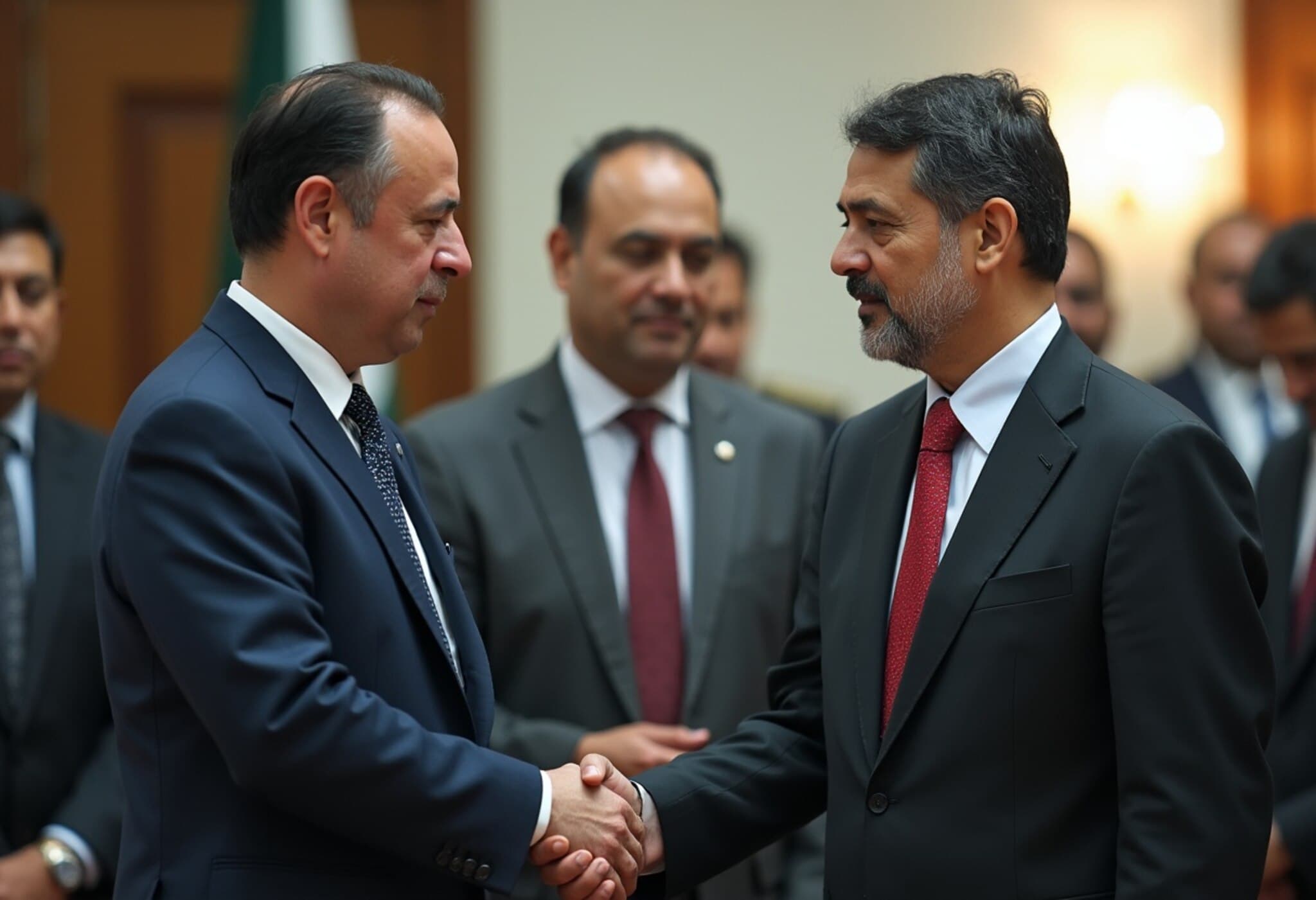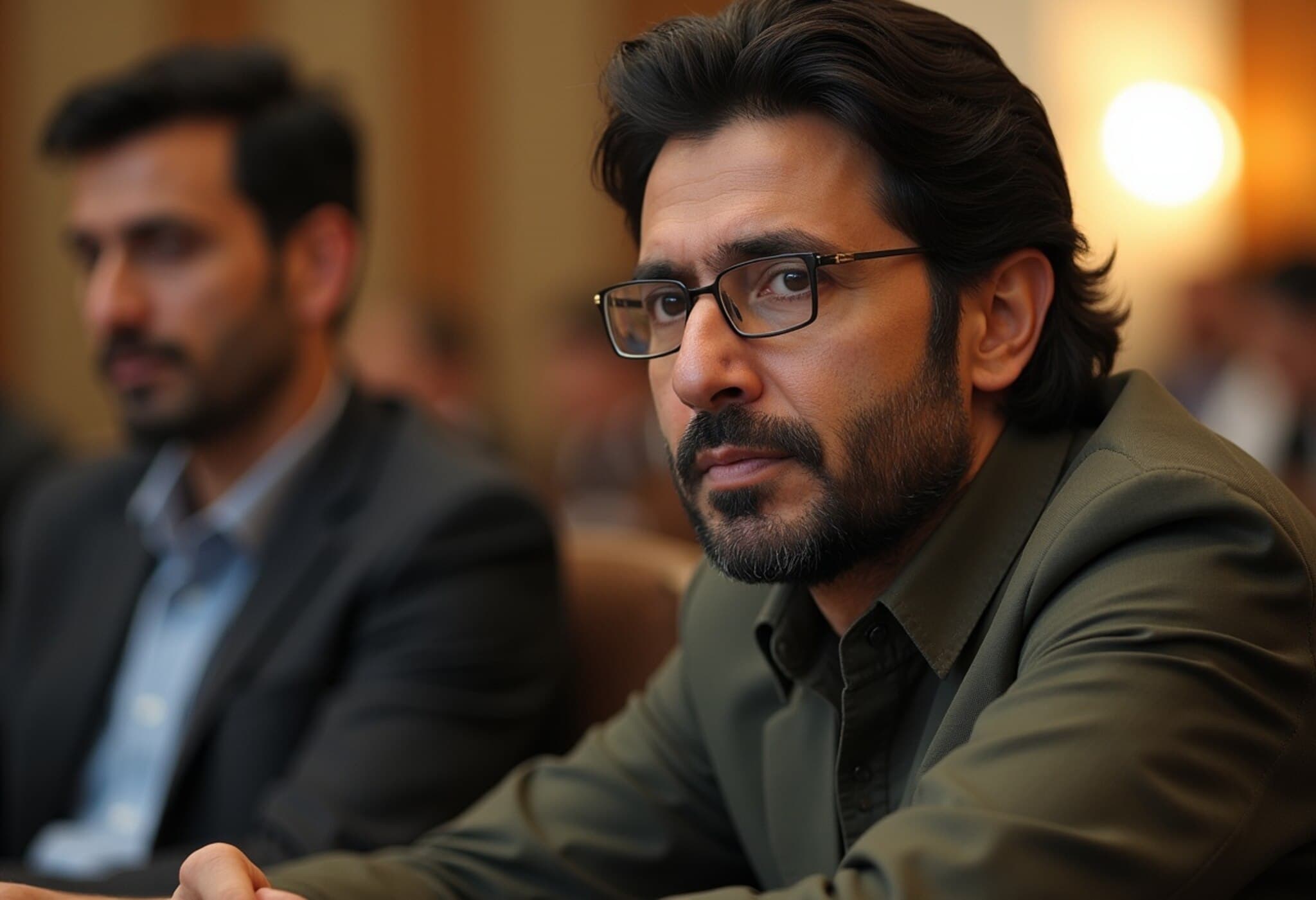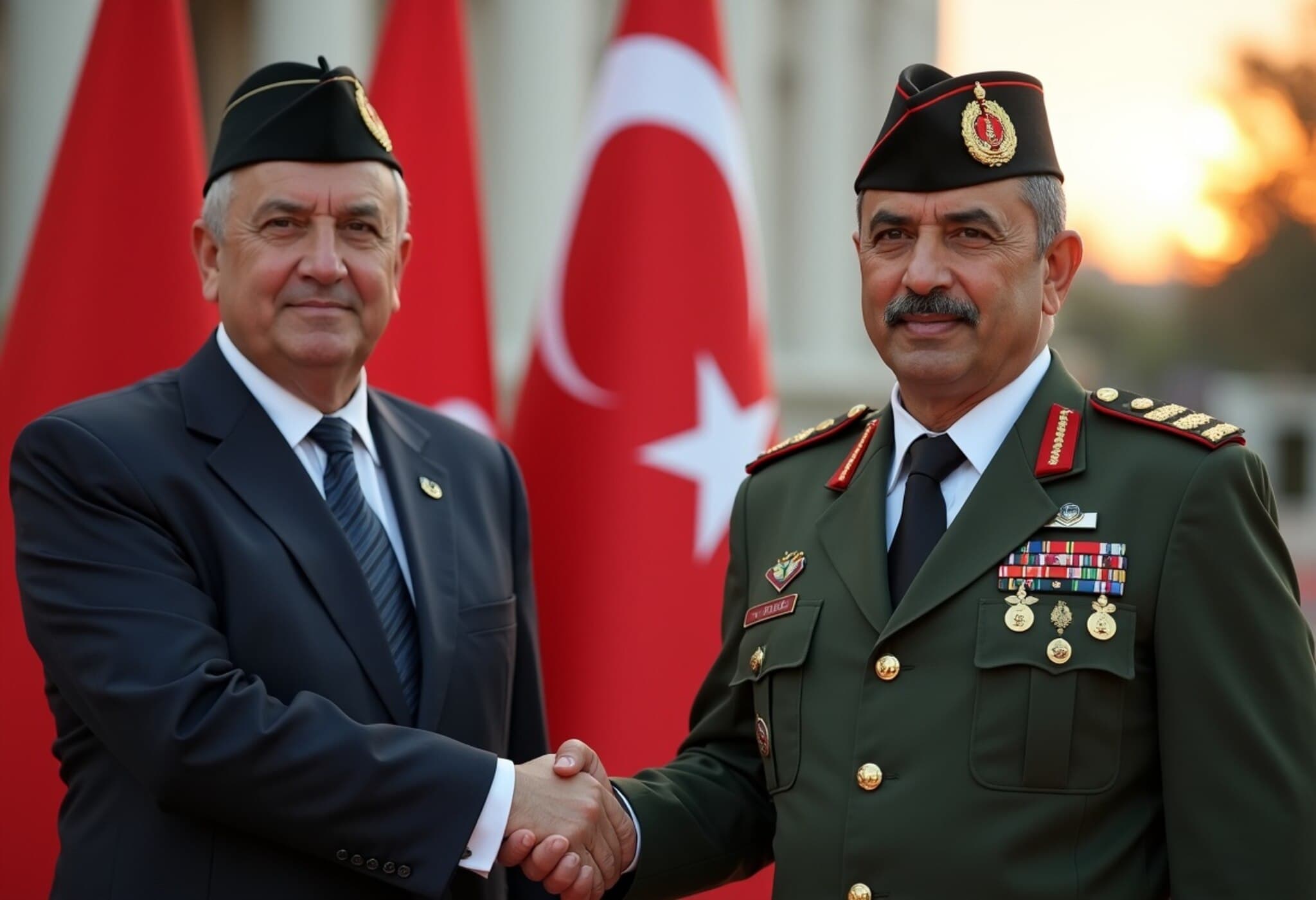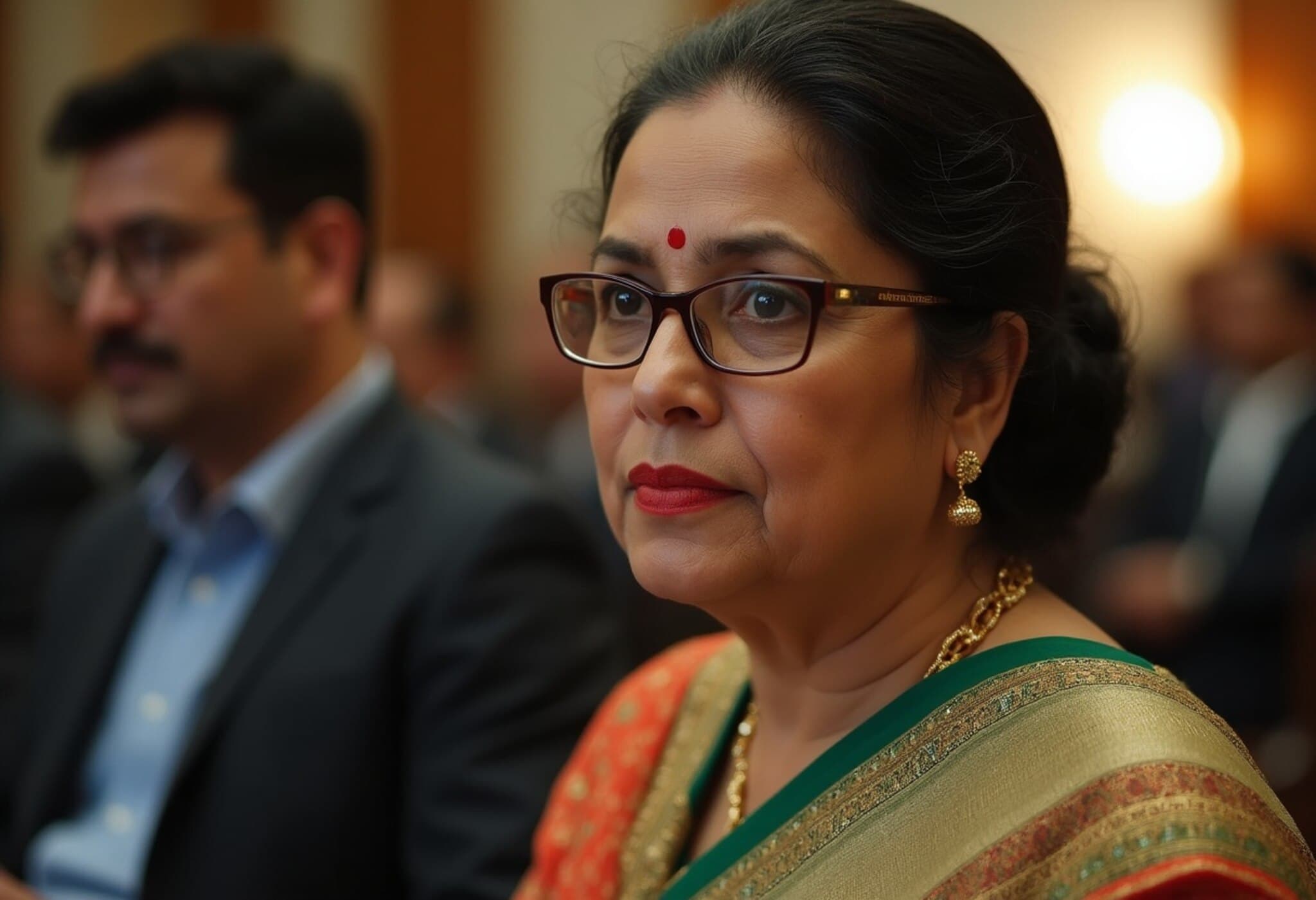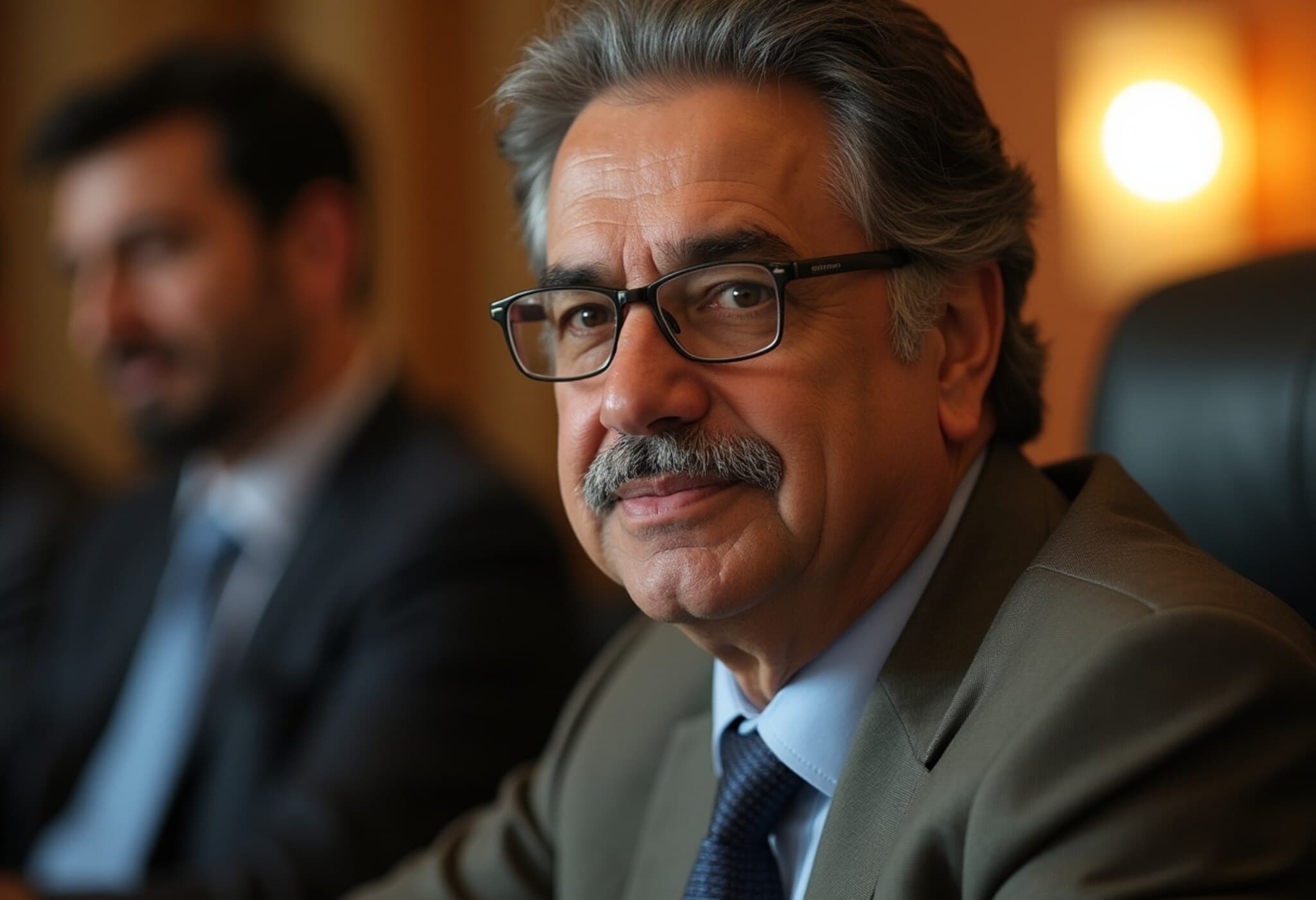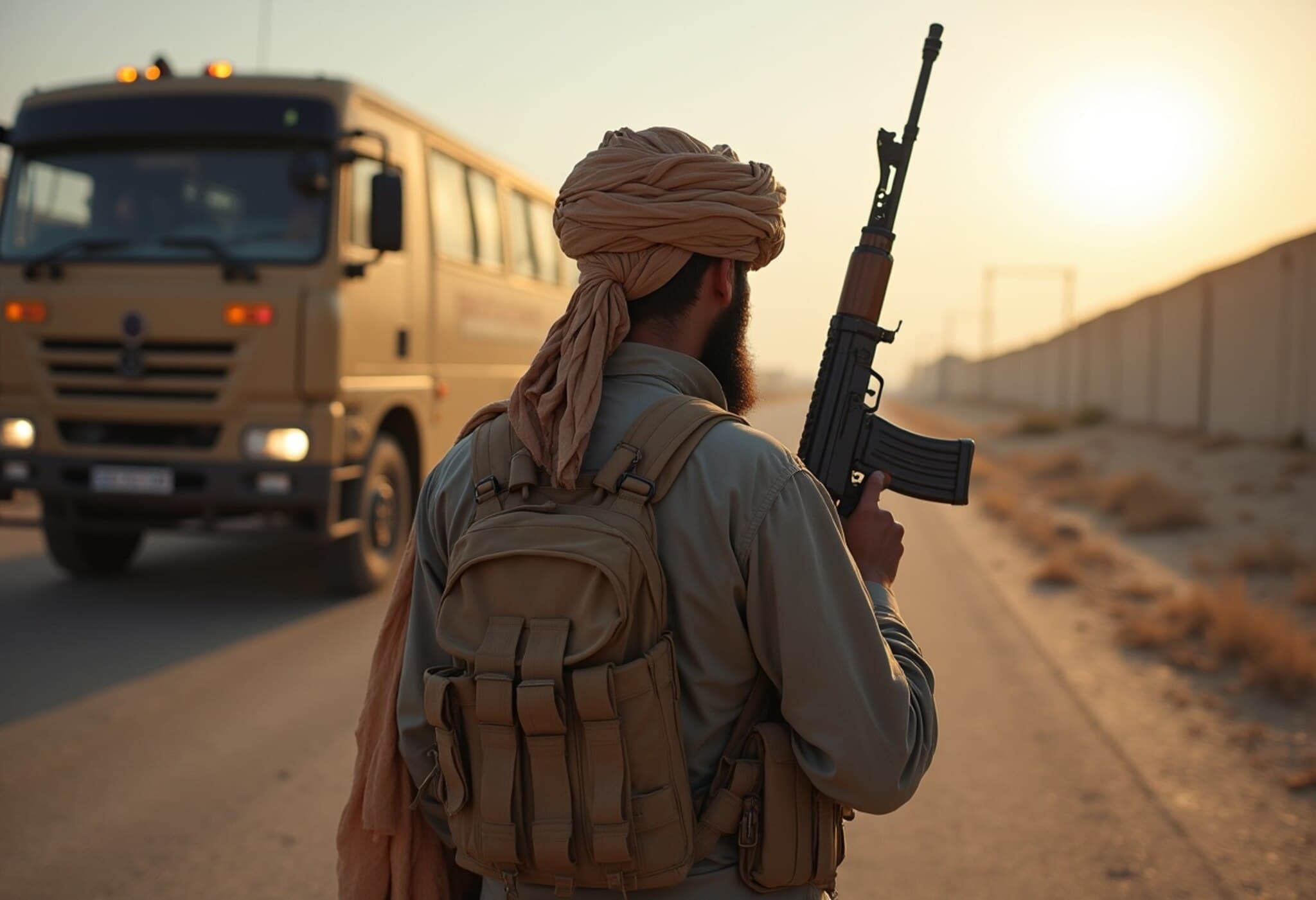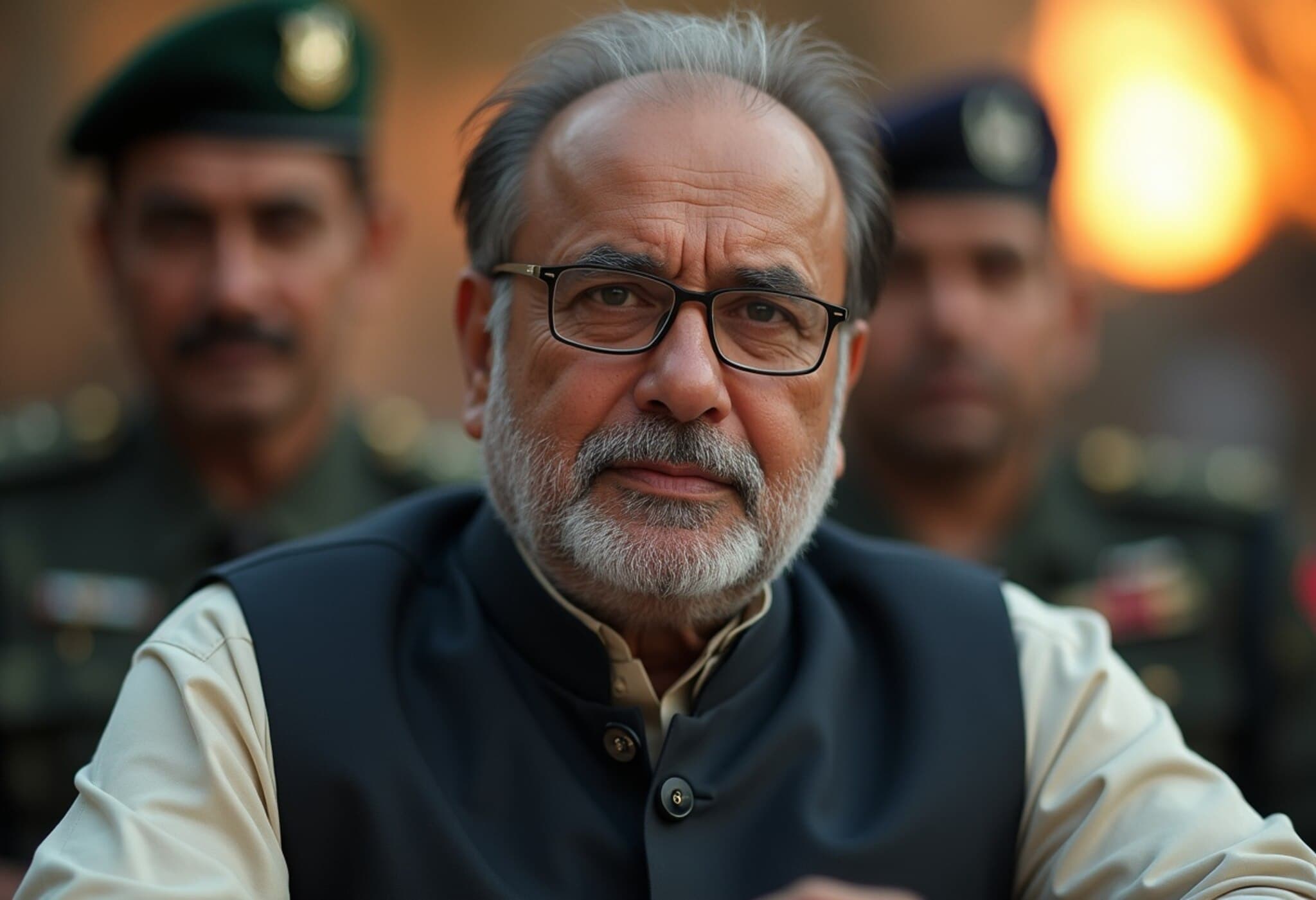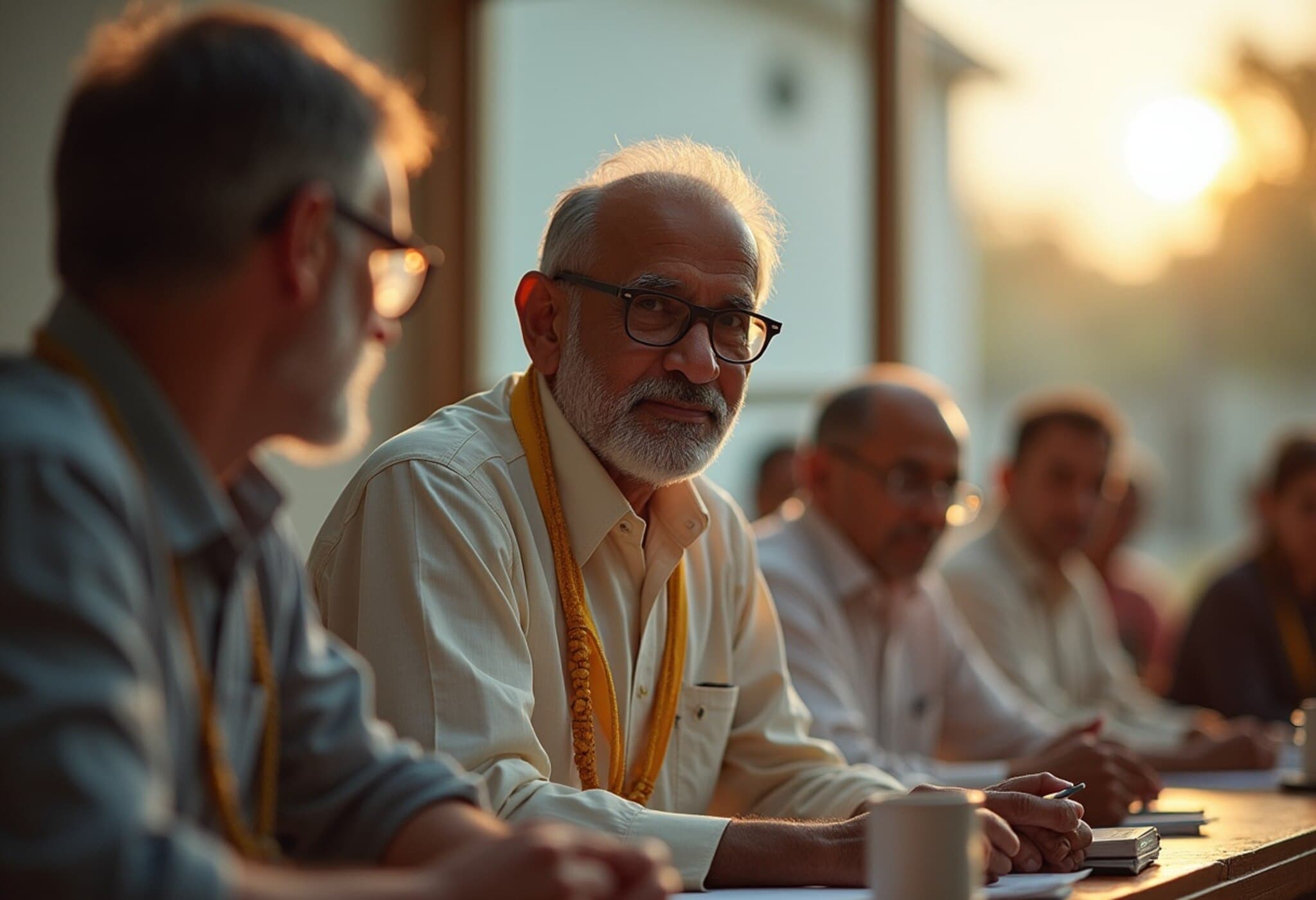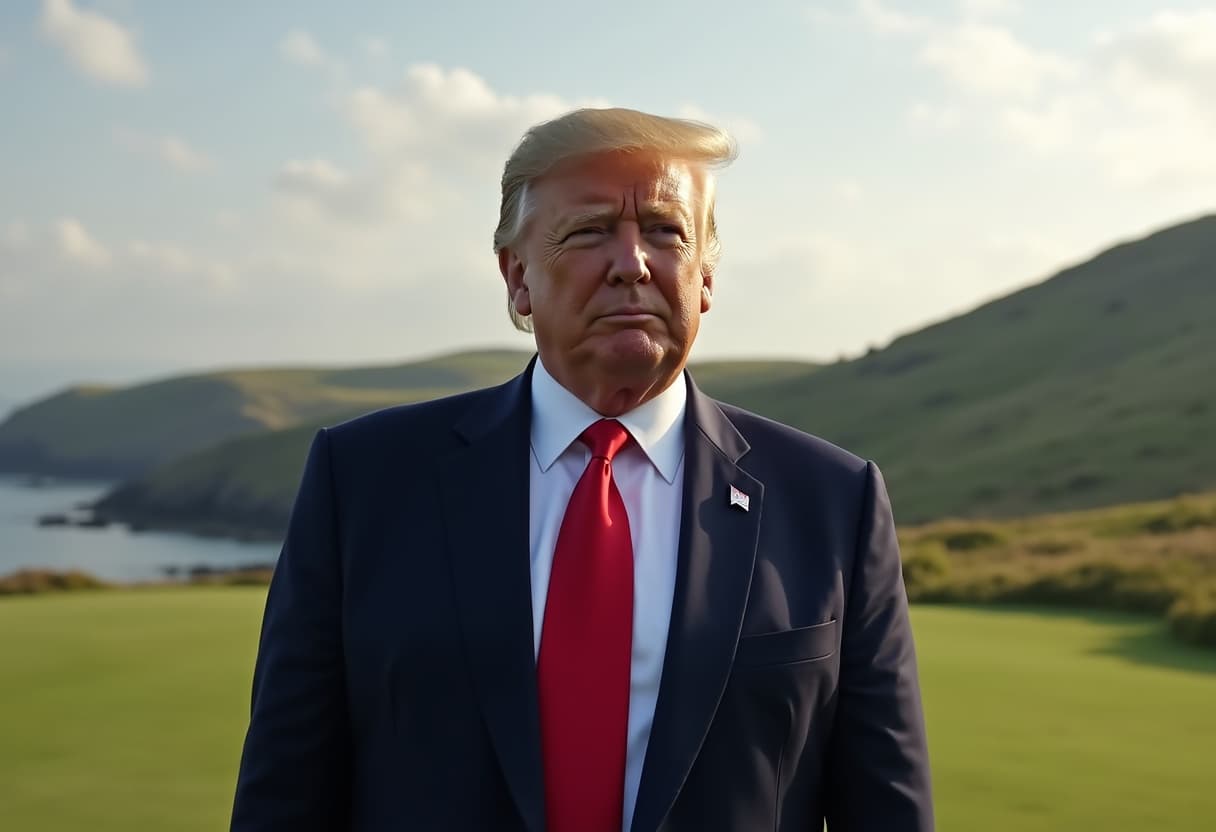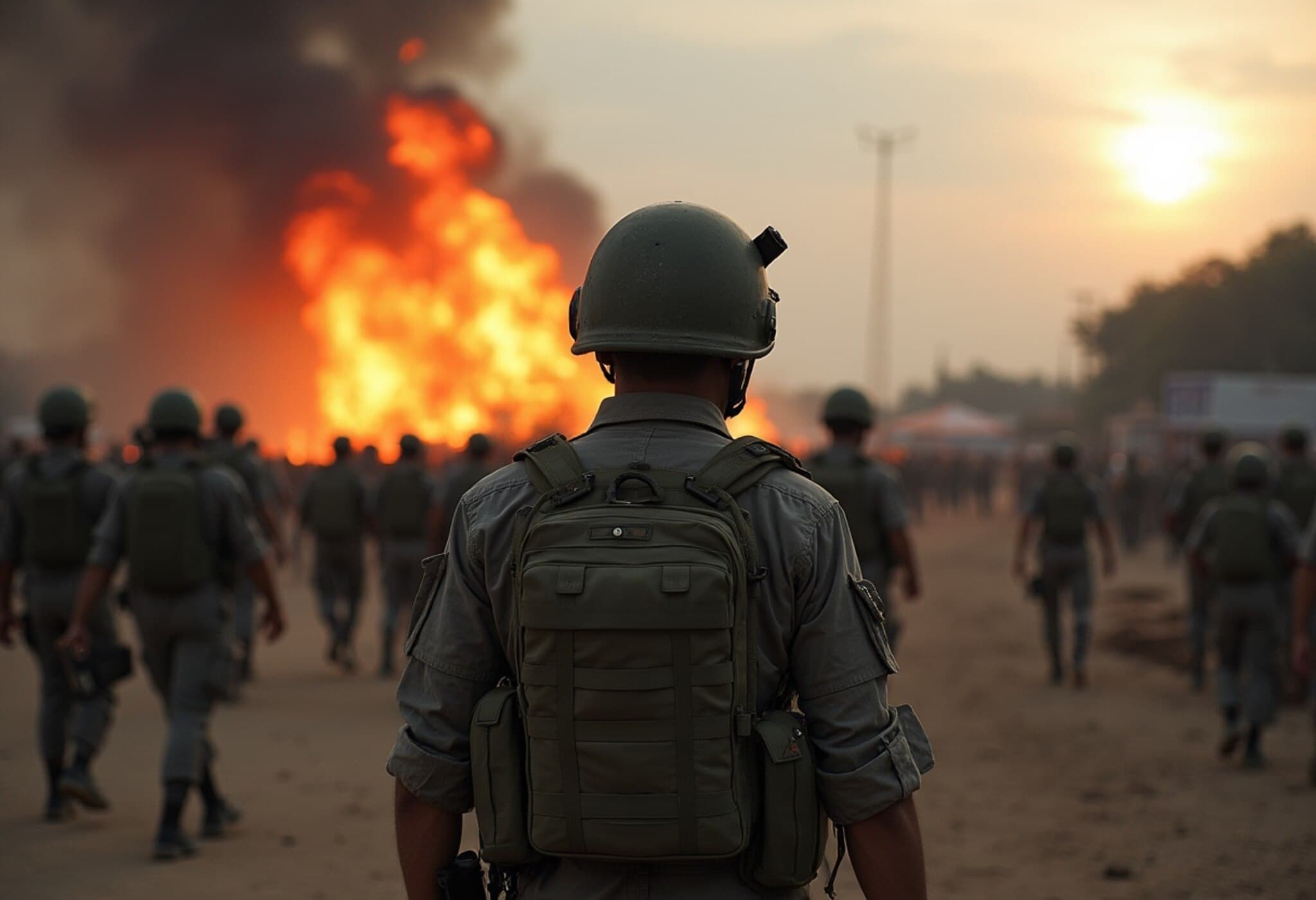Pakistan and Bangladesh Announce Visa-Free Diplomatic Travel
In a move signaling closer ties between two key South Asian neighbors, Pakistan and Bangladesh have agreed to facilitate visa-free travel for holders of diplomatic and official passports. The agreement, reached after a high-level meeting in Dhaka between Pakistan’s Interior Minister Mohsin Naqvi and Bangladesh’s Home Affairs Adviser Jahangir Alam Chowdhury, aims to promote unrestricted diplomatic movement. However, the specific timeline for implementing this visa waiver remains undisclosed.
India Raises Security Alarms Over Enhanced Pakistan-Bangladesh Cooperation
India has voiced growing security concerns following the announcement, fearing that the enhanced mobility might enable increased activity by Pakistan’s intelligence agency, the Inter-Services Intelligence (ISI), along India’s vulnerable eastern and northeastern borders.
According to sources cited by the Economic Times, the prospect of more Pakistani officials operating freely in Bangladesh could embolden Islamist groups hostile towards India, potentially escalating regional security risks. This apprehension stems from the historical complex geopolitical dynamics in South Asia, where intelligence and security operations often transcend borders.
Beyond Visa-Free Travel: Bolstering Security and Cooperation
Delving deeper into bilateral cooperation, Pakistan and Bangladesh also agreed to collaborate on multiple fronts including counterterrorism strategies, internal security measures, police training, drug enforcement, and curbing human trafficking networks. To ensure effective coordination, a joint committee will oversee the implementation of these initiatives, signaling a comprehensive approach to tackling shared challenges.
A noteworthy development is the planned exchange programs between police academies of the two nations, with a Bangladeshi delegation scheduled to visit Pakistan’s National Police Academy in Islamabad. These efforts reflect a strategic intent to foster institutional ties and elevate law enforcement capabilities collaboratively.
Contextualizing the Shift in Bilateral Relations
Pakistan-Bangladesh relations, historically chilly since the 1971 Bangladesh Liberation War and during Sheikh Hasina’s previous tenures, have experienced a significant upswing under the new interim government in Dhaka. This warming relationship is evident from intensified military-to-military engagements and a noticeable surge in bilateral trade, signaling mutual interests beyond past grievances.
The establishment of a joint committee under Pakistan’s Interior Secretary Khurram Agha further reiterates Islamabad’s commitment to sustained cooperation. Concurrently, a high-level Bangladeshi delegation plans to visit Islamabad to study initiatives such as the Safe City Project, indicating Bangladesh’s eagerness to advance internal security frameworks.
Implications for Regional Stability and Policy Considerations
While this Pakistan-Bangladesh rapprochement indicates deepening bilateral ties, it presents a nuanced challenge for India’s national security apparatus. The enhanced connectivity and cooperation between Islamabad and Dhaka could potentially complicate India’s efforts to monitor and secure its northeastern frontier, a region beset with insurgency and cross-border infiltration concerns.
Policy analysts suggest that India might need to recalibrate its border management and diplomatic strategies, emphasizing regional intelligence cooperation while managing diplomatic channels with Bangladesh to balance relations delicately.
Looking Ahead: Questions and Challenges
- How will India respond diplomatically and in security terms to the emerging Pakistan-Bangladesh nexus?
- Can enhanced Pakistan-Bangladesh cooperation contribute positively to counterterrorism efforts, or will it exacerbate existing tensions?
- What safeguards will be implemented to ensure that visa-free diplomatic travel does not compromise regional security?
- Will increased bilateral trade and military engagements between Pakistan and Bangladesh reshape South Asian geopolitical dynamics?
Editor’s Note
The recent Pakistan-Bangladesh agreement on visa-free diplomatic travel and broader security cooperation signals a strategic pivot in South Asia’s complex geopolitical landscape. While this fosters stronger bilateral ties between Islamabad and Dhaka, it simultaneously raises valid national security concerns for India, highlighting the region’s intricate interdependence and persistent tensions. Moving forward, nuanced diplomatic engagement and robust security frameworks will be crucial in balancing cooperation with vigilance, ensuring stability in a region where history and politics continuously intertwine.

